Keywords: Right To Choose
There are more than 200 results, only the first 200 are displayed here.
-
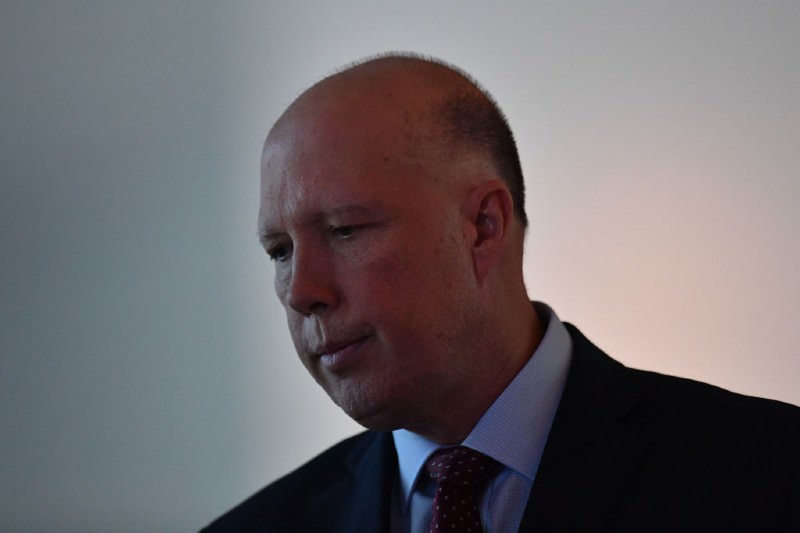
AUSTRALIA
The new ASIO Powers Amendment Bill 2020 is being rushed through Parliament in a time of pandemic, guaranteeing that it will lack even the minimal level of scrutiny normally accorded to legislation dealing with ‘national security’.
READ MORE 
-
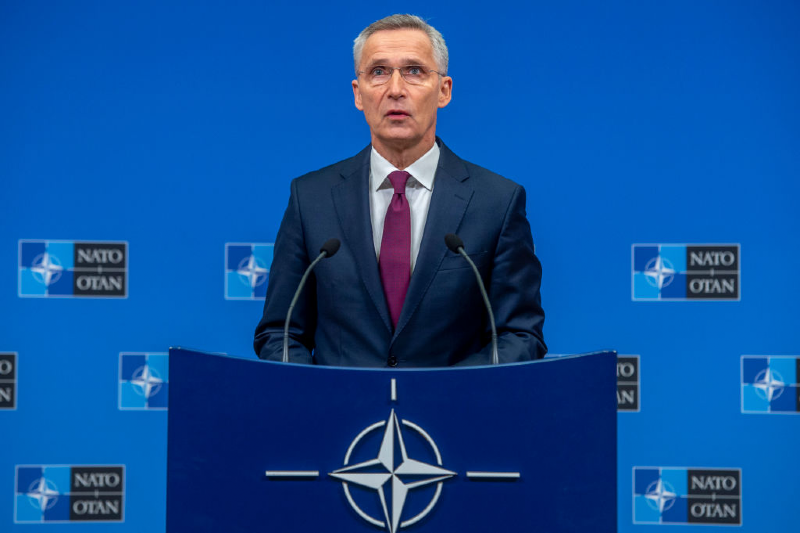
INTERNATIONAL
- Ramona Wadi
- 30 April 2020
After building a reputation for foreign intervention and collateral damage — the most recent example being Libya — the North Atlantic Treaty Organisation (NATO) is asserting its influence during the COVID-19 pandemic, this time by exploiting the humanitarian paradigm.
READ MORE 
-
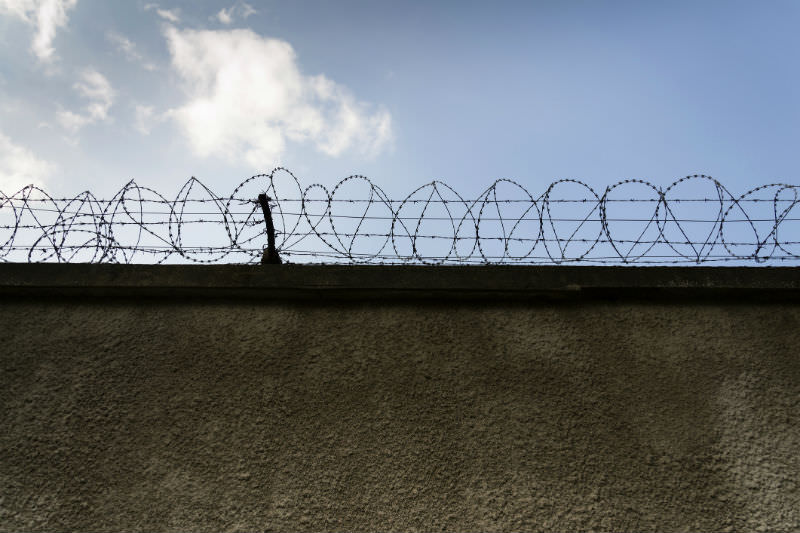
AUSTRALIA
- Julie Edwards
- 09 April 2020
6 Comments
We know that prisons are pressure cooker environments at the best of times. We can’t let them also become sites of mass infection, with potentially grave consequences, during the current COVID-19 health crisis.
READ MORE 
-
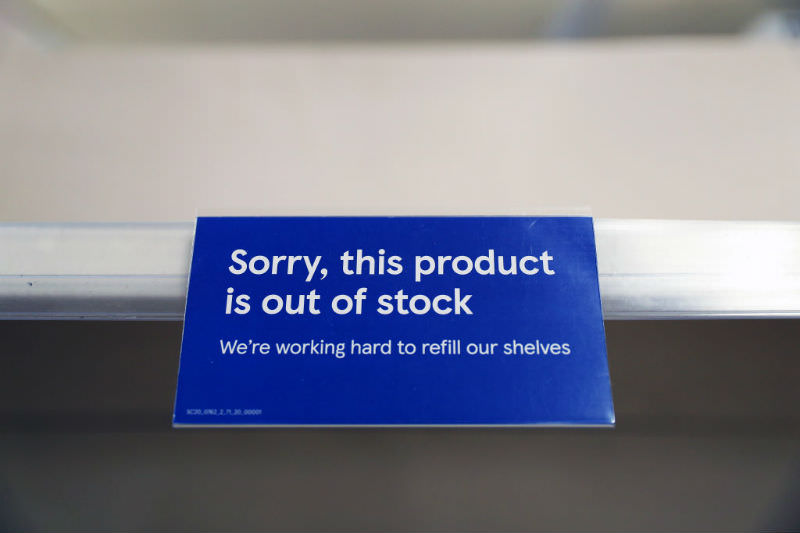
AUSTRALIA
We are living in a time of pandemic but it seems so many people have been more focused on panic buying or flouting restrictions on social distancing and public gatherings. Why is it that many are less concerned about the virus than what they can buy or do?
READ MORE 
-

AUSTRALIA
- Kate Galloway
- 17 March 2020
18 Comments
How to make sense of what is going on? I think that there are ostensibly competing discourses at play. Apart from widespread community concern, or even fear, I see three different spheres of risk that are melding together in the collective (non-expert) consciousness: public health, personal health, and workplace health and safety.
READ MORE 
-

ARTS AND CULTURE
- Deborah Singerman
- 15 March 2020
2 Comments
I still mainly look back. The bushfire legacy lives on. It acts as a benchmark for assessing tragedy and hope. I cannot get the searing images out of my head of red, angry skies, of flames raging frighteningly, embers flying, and firefighters miraculously persevering against the odds.
READ MORE 
-
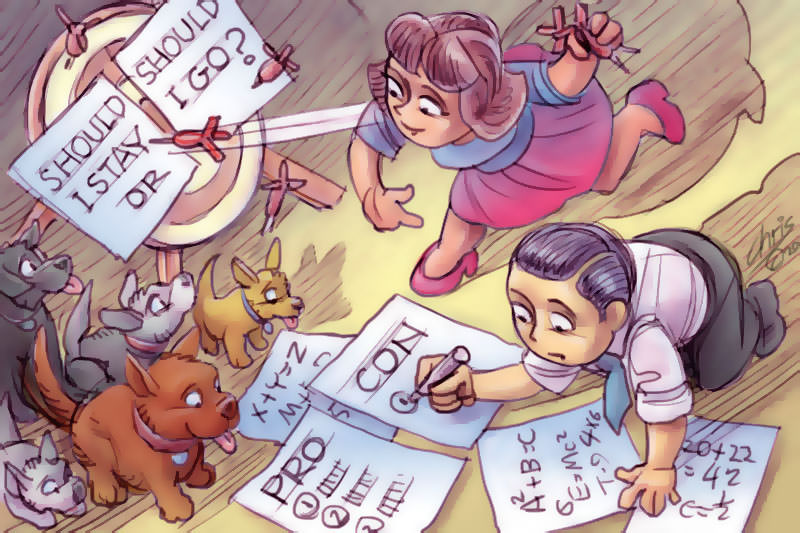
ARTS AND CULTURE
- Barry Gittins
- 07 February 2020
3 Comments
You’d think it would be easier these days, with the technological resources we have available. Choosing directions seems passé these days, with GPS satnav. Search engines connect us instantly with a plethora of possibilities. But that’s often the problem.
READ MORE 
-

EDUCATION
- Sol Kochi Carballo
- 20 January 2020
12 Comments
If you're a teacher, acknowledging that you most likely have an LGBTQ student can give a whole new sense to your sex-ed lessons. It means you understands you're not just teaching straight kids about gay sex, but helping the queer teen in your classroom make smart decisions.
READ MORE 
-

MEDIA
- Neve Mahoney
- 12 November 2019
15 Comments
On their own, Eltahawy's words are confronting, yet within the context of her argument, the questions were about flipping the balance of power on its head for a moment. It's not a call to action, but rather a thought exercise. What if men were as scared of violence from women, as women are taught to be of men?
READ MORE 
-
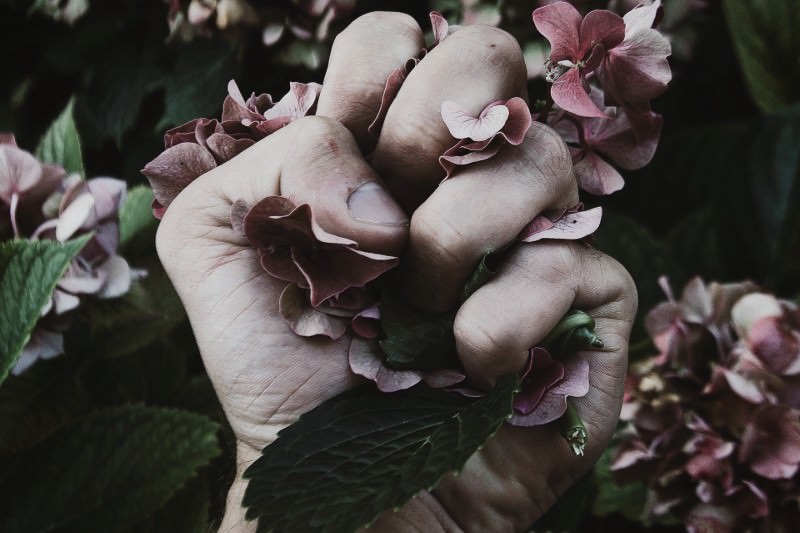
RELIGION
- Andrew Hamilton
- 30 October 2019
12 Comments
It may seem paradoxical that one of the most effective ways of imposing silence is by imposing noise. The Romans did it with bread and circuses. More modern totalitarian regimes have done it with military processions and massive rallies. Governments in contemporary democracies do so by controlling what is fed to the media.
READ MORE 
-
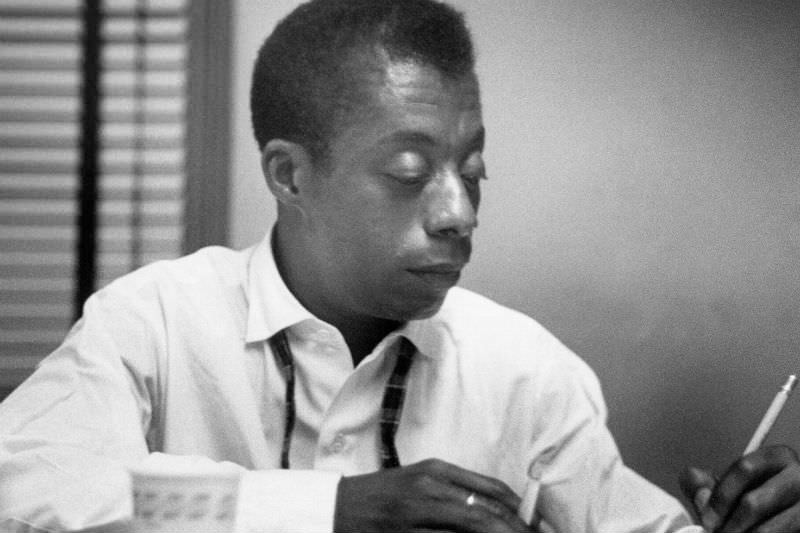
ARTS AND CULTURE
- Mark Tredinnick
- 30 September 2019
11 Comments
I'm a white man in a white man's world, his mother tongue the lingua franca everywhere. I may not be rich, but I am more or less free, and my calling has let me travel the world. It's easy for me, not having had to fight for mine, to ask us to go deeper than identity when we write. But when James Baldwin says the same thing, it compels.
READ MORE 
-
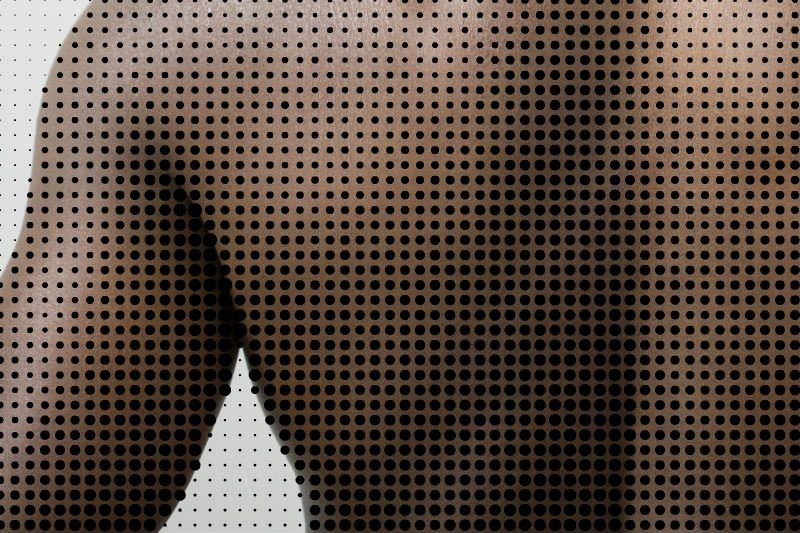
ARTS AND CULTURE
- David Ishaya Osu
- 04 September 2019
4 Comments
There was a love that manifested in my house that needed no naming. It transcended adjectives or nouns. We were so playful to the extent we tried our mother's dresses, skirts, blouses. In days when I felt the fullness of my mischievousness, I dressed like my mother or sister and ran out of the house to make people laugh. There was no fuss about it.
READ MORE 